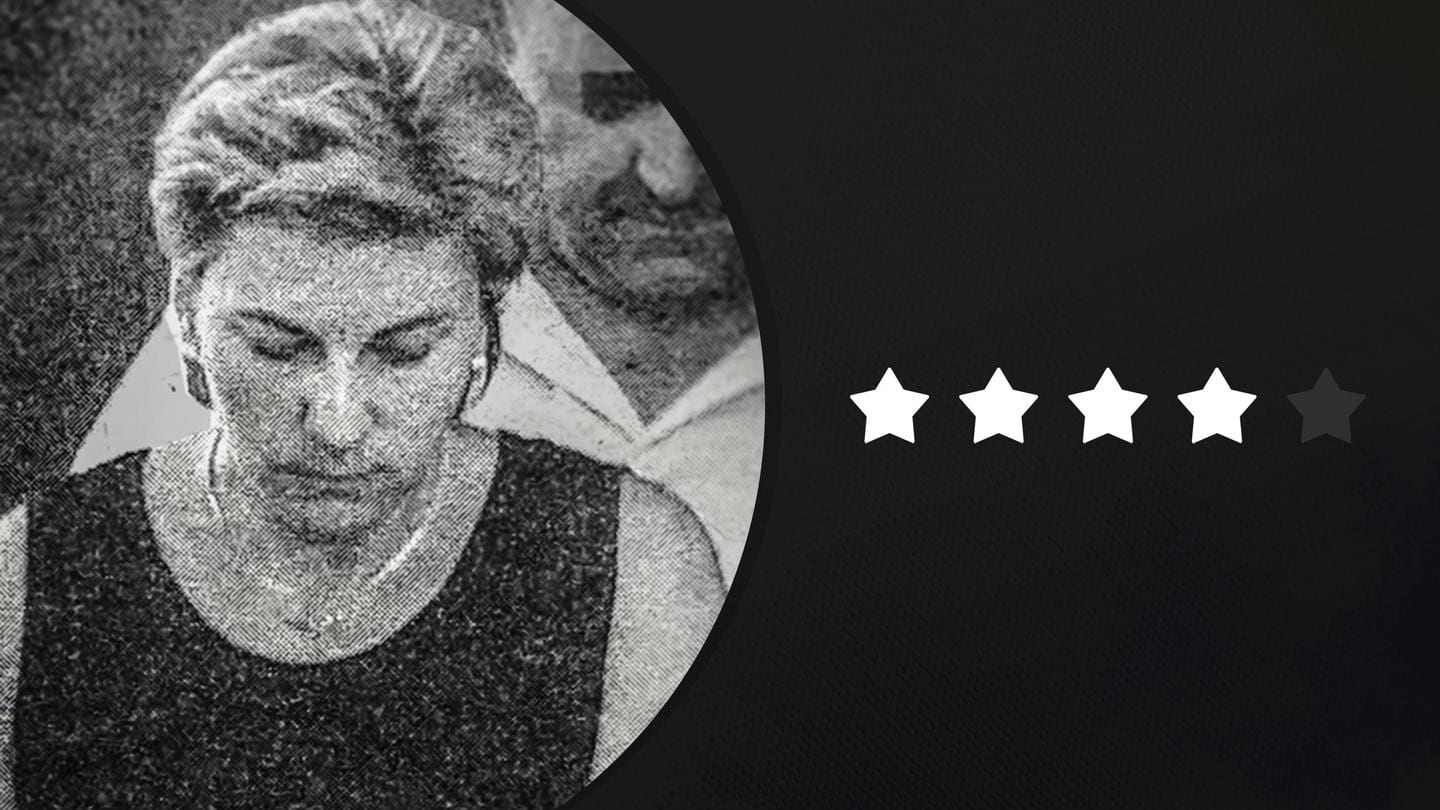
'Murder By The Coast': When media trial, homophobia impacted judgment
What's the story
The latest Netflix documentary Murder by the Coast is built around the murder investigation of 19-year-old Rocio Wanninkhof.
The motive isn't to recall the incidents, but point a finger toward a society that was decidedly blind to some matters.
Given that the society in 2021 hasn't quite changed from that of 1999, hence the Tania Ballo-directorial becomes a poignant watch.
Here's our review.
Incident
Wanninkhof goes missing, her severely decomposed body is discovered later
In October 1999, Wanninkhof's friends wait for her at a fair, but the teen never shows up.
The next day, signs of a bloodied attack suggest she might have been abducted.
The entire neighborhood starts searching, but it's only 25 days later that Wanninkhof's cadaver is found.
Repeatedly stabbed, her decomposed body tells medical examiners little.
From hereon the case takes an interesting turn.
Perception
Vazquez is vilified by media, jury convicts her without evidence
Dolores Vazquez, ex-partner of Wanninkhof's mother, is suspected.
There's nearly no evidence against her, other than also having an alibi. Yet, Vazquez is held guilty by the jury.
Why?
The documentary suggests stories perpetuated by media and the character analysis of Vazquez had a lot to do with it.
Painting an "authoritative, cold, barren" image reeked of homophobia that ultimately led to her conviction.
Reflection
One wonders, why are we so eager to demonize women?
It takes another teenager's murder in a nearby town, and a brave confession to find out the chilling truth.
Ballo shows no one has apologized to or compensated Vazquez for the ordeal she had to go through.
This hits home with Rhea Chakraborty suffering similar media-led vilification in Sushant Singh Rajput's death.
It makes one wonder, why are we so eager to demonize women?
Information
Where is Vazquez now?
According to reports, Vazquez had left Spain to escape media attention after being cleared of charges. In 2012, a Supreme Court denied her the right to collect any funds for her wrongful conviction. Vazquez moved back to Spain in 2017 and still lives there.
Verdict
Theatrical tone are off-putting, overall message more important; gets 4/5
The use of haunting music as streets of Spain are captured through God's-eye shots is reflective of the impending doom.
Footage of the victim's rooms paints a dramatic picture.
But the message carried forward beats these attempts at dramatization.
The dubbing is fitting and all the landmarks are translated into English for ease in watching.
The 88-minute-long documentary is a must-watch!
Verdict: 4/5 bytes.